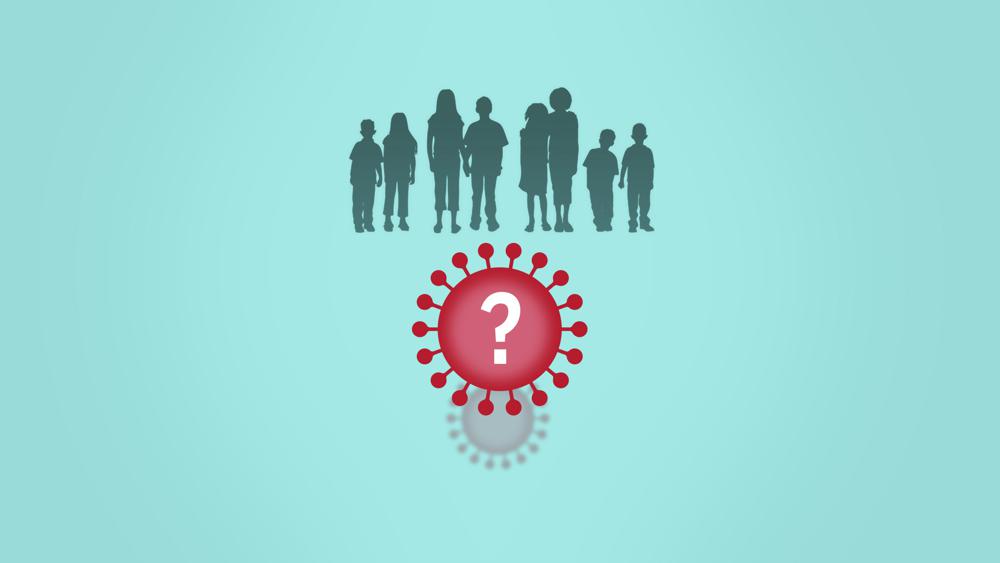

COVID Crisis Management Center (CCMC) is holding a meeting on the Omicron variant to prepare against it. The meeting will review border tightening and international flights.
Health experts have already given a warning, telling everyone to be highly vigilant as there is a possibility of a new variant coming to Nepal.
People have been careless about wearing masks and sanitization as daily cases decline. Everyone seems to have gone back to normalcy. In such a scenario, it is possible they may protest any strict regulations that may be placed to reduce the possibility of infections.
It was stated that there won’t be more lockdowns after all businesses reopened in June following a month-long lockdown. However, a new variant with the possibility to be the most infectious one yet might change that statement.
South Africa reported a new variant of the COVID-19 virus, which was named ‘Omicron’ by the World Health Organization.
Following its discovery, several countries have already banned travel between South Africa and themselves, which was a move considered ‘unjustified’ by the South African Prime Minister.
Despite the bans and strict travel protocols, the omicron variant has already been detected in the UK, Belgium, Botswana, Hong Kong, Britain, and Israel among many other countries, sparking a global concern and a rush to ban travel mere months after reopening. In the case of Australia, there was a quick change against their previous decision to open the border to international tourists.
The chief minister of India urged Prime Minister Narendra Modi to suspend incoming flights from the Omicron-affected countries.
“I urge prime minister to stop flights from those countries which are affected by new variant. With great difficulty, our country has recovered from COVID-19. We should do everything possible to prevent this new variant from entering India”, Arvind Kejriwal, the Chief Minister of Delhi wrote on social media.
It is only a matter of time before Nepal is infected. At this point, there is neither perfect prevention nor a perfect cure for COVID-19. Therefore, all that can be done is adopt strict regulations, wear masks, work from home, eat a healthy diet and avoid going outside unnecessarily.
The possibility of Omicron already being in India also exists and that has worried Indian health professionals greatly. If prior infection statistics are anything to go by, the spread of the virus may begin within India and Nepal in as little as a few days, if it hasn’t spread already.
Omicron could potentially mutate to become the most contagious variant of the coronavirus yet and has been reported in many European countries, just a few days after being identified in South Africa, even as governments are rushing to stop the spread using any means necessary.
Despite measures, experts say it may already be too late, and the variant has probably circulated to more countries than we realize. “There’s been a window of probably about two weeks conservatively that this virus has been spreading,” Andrew Pekosz, an epidemiologist from Johns Hopkins Bloomberg School of Public Health said in an interview on Saturday.
“There certainly is a chance that it has already spread globally, but we just don’t know yet,” Mr. Pekosz added.
Information on Omicron is relatively little. It has mutations that scientists fear could make it more infectious and resistant to vaccines — though WHO has not established this statement to be 100% factual. Most confirmed cases have not spread outside southern African countries, but experts worry Omicron could already have spread more widely before scientists were able to discover it.
Various countries have reported confirmed and suspected cases of the Oricon variant.
The World Health Organization on Saturday appealed to countries in South-East Asia Region to scale up surveillance, strengthen public health and social measures, and enhance vaccination coverage.
“Though COVID-19 cases have been declining in most countries of our Region, the surge in cases elsewhere in the world and confirmation of a new Variant of Concern is a reminder of the persisting risk and the need for us to continue to do our best to protect against the virus and prevent its spread. At no cost should we let our guards down,” said Dr. Poonam Khetrapal Singh, Regional Director, WHO South-East Asia Region in a statement.
It is paramount that the new threat is taken seriously. Individuals must adopt a safer and more isolated lifestyle for the time being to contain the new variant’s spread and to avoid it altogether.